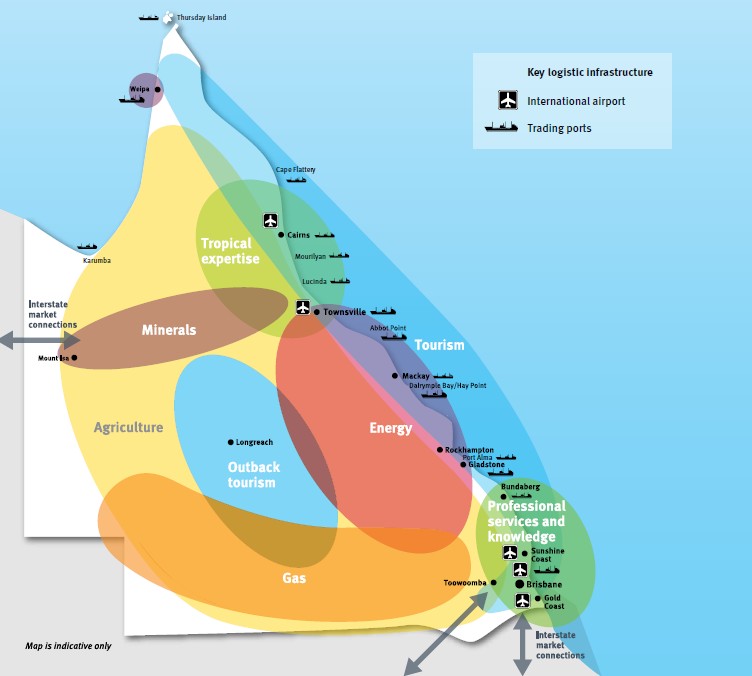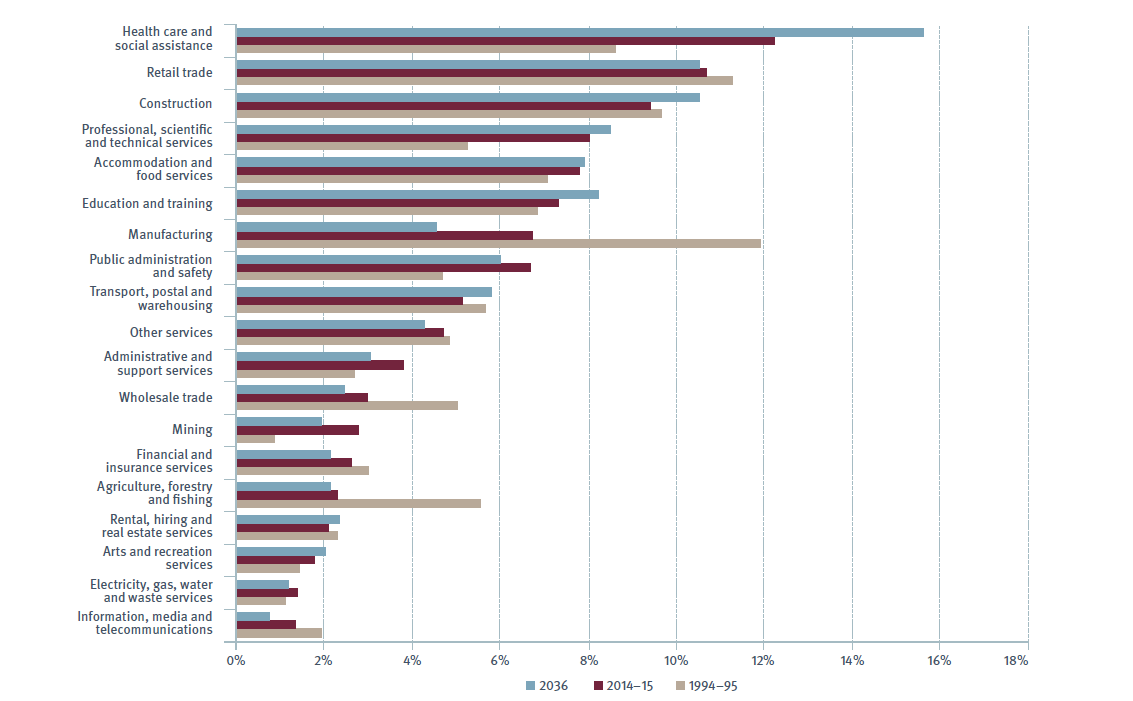
Ozone Industries manufactures and services ozone generators in Australia to meet 21st century demands for a chemical-free alternative. Ozone Industries' ozone generators produce naturally occurring ozone which is a powerful oxidant and an ideal chemical-free disinfecting agent.
The sale to Noble Water was conducted by a Lloyds NSW Senior Associate using the Lloyds Tender Process which, in conjunction with Lloyds Target Marketing, produced some spirited offers, resulting in a highly successful trade sale.
Click on the left navigation links to read more news and media releases.
View a list of businesses sold by Lloyds
The need for water recycling is vital in Queensland.
As one of Australia's most arid states, and producing 14% of the country's agriculture, Queensland has an ongoing need for precise water management and water recycling. Economic sectors most impacted by the need for water recycling are agriculture, outback tourism and minerals.
Consider the domestic application of water for communities. The average Australian uses more than 200 litres of water daily, according to environmental protection figures. If that seems high, consider the domestic applications in which we use water daily:
The average shower consumes 100-150 litres of water
A toilet uses about 15 litres of water per person, per day
Washing machines use an average of 50-70 litres per load
The kitchen sink takes about 40 litres a day for preparing food and washing.
Consider water's agricultural and commercial applications. The quantity of water required to successfully run a commercial farm is incredible. Crops and animals (pigs, chickens, cows and sheep) all need water to stay alive. Animals need food to stay alive, which requires water to grow it. Water is also used in the transition from animal to meat products, and in cooling systems to keep meat fresh.
Crops require water for spreading fertilizers and pesticides, which result in greater crop yields. Water is used for irrigation. Studies show that by using drip irrigation, farmers can conserve up to 60% of the water it would normally take to irrigate a crop. It requires about:
100 litres of water to produce one ear of corn
300 litres to produce one egg
900 litres to produce one loaf of bread
3000 litres to grow a bushel of wheat.
6000-7000 litres to produce one pound of beef.

Source: Queensland’s broad economic zones, Queensland Government "Infrastructure Plan Part A: Strategy March 2016"
Department of Infrastructure, Local Government and Planning.
Queensland's economy has been undergoing structural diversification and evolution over the past decade. It has been transitioning from a resources-based economy to a diversified economy with various growth drivers. Although the resources sector will continue to play a big role in contributing to Queensland's economy over coming decades, there's a dominant shift towards activity and employment-based services (in particular health, education, professional services and tourism-related industries).
Queensland's industries areas (and the supply chains that support them) have different needs for infrastructure spending. For example, coastal regions that attract international tourism require marine, preservation and aviation infrastructure spending. Agricultural areas and resource production need access to resources (water, energy, gas) and to domestic and international export markets through effective integrated supply chains.
These vital sectors impact on daily essentials for Queenslanders, such as access to food and energy, and the availability of jobs.
Jobs in Qld by industry:

Source: Report prepared for Queensland Government by EY, 2015. Figures for 2036 are indicative only